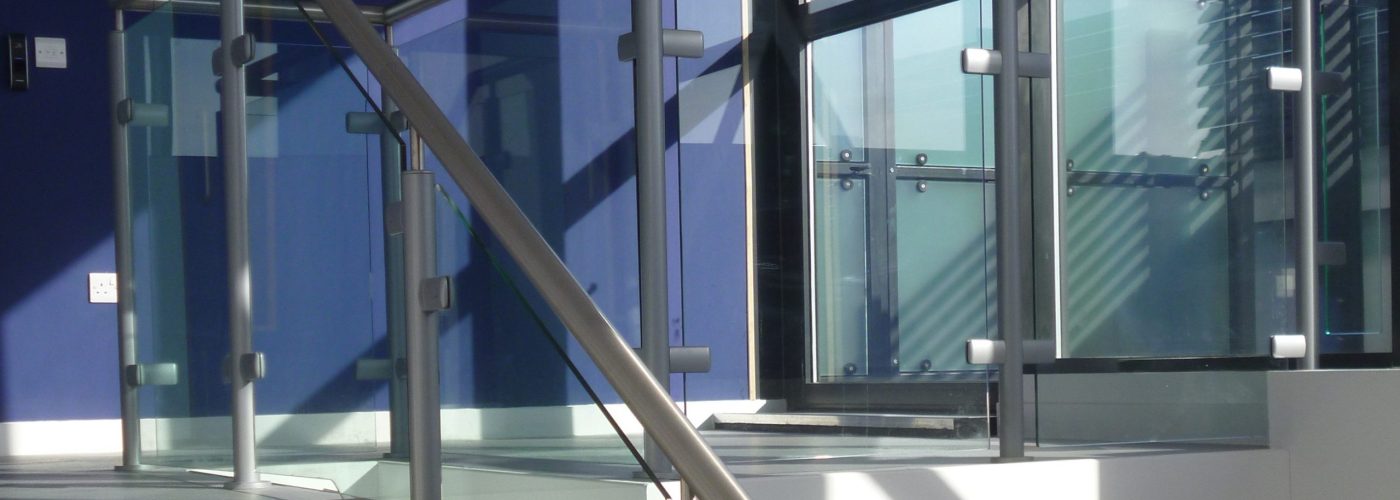Balustrade manufacturer, Neaco, is urging construction companies to be wary of compromising safety in managing the extra cost of new regulations requiring a second staircase on tall buildings.
The government has been consulting on a plan to force developers to include two staircases in their designs for all new residential blocks above 30m in height, a proposed step which has already been adopted by London mayor, Sadiq Khan, for planning applications in the capital. The Department for Levelling Up, Housing and Communities said the extra fire safety measure could cost developers around £1.6bn over a decade, prompting concerns that some companies will use cut-price solutions that are not reliably tested to meet fire safety compliance.
With the government consultation envisaging a very short transition period, new developments are being encouraged to prepare for the change now. Having worked on balustrade specifications for high-rise buildings throughout the UK, Neaco believes that time and cost pressures could lead to flawed decisions in the design of staircases.
Ryan Bainbridge, Technical Lead at Neaco, said:
“The direction of travel appears to be heading towards a mandatory two staircases and a coalition of industry professional bodies, including the Chartered Institute of Building, have joined fire chiefs in calling to extend the rule to residential buildings above 18m in height. Many developers will be busy revising their designs and assessing the cost of the change. In some cases, there could be an incentive to reduce cost with economy solutions, but that carries a risk as many of these solutions are not rigorously tested with third-party data and supporting documents.
“For example, balustrade and other staircase elements must achieve the required fire classification to BS EN13501.Those credentials must be certified by a credible third party – in other words, an independent and authorised testing body. If a balustrade manufacturer has not invested in third party certification and instead tests its products in-house, it cannot be relied upon to supply a genuinely compliant solution.”
The introduction of more robust oversight under the Building Safety Act will throw a spotlight on decisions made at the design stage whenever safety issues arise. In that context, a lack of diligence in specification could expose developers to costly remediation measures.
Alan Green, Managing Director at Neaco, said:
“Under the terms of the Building Safety Act, the new Building Safety Regulator will apply evidence-based regulation of high-rise buildings, so everyone in the supply chain should be mindful of the importance of data which is independently sourced and documented. We all have a responsibility to maintain standards and compliance, particularly in relation to fire safety. Credible and reliable product testing is vital to that collective cause.”
Building, Design & Construction Magazine | The Choice of Industry Professionals





